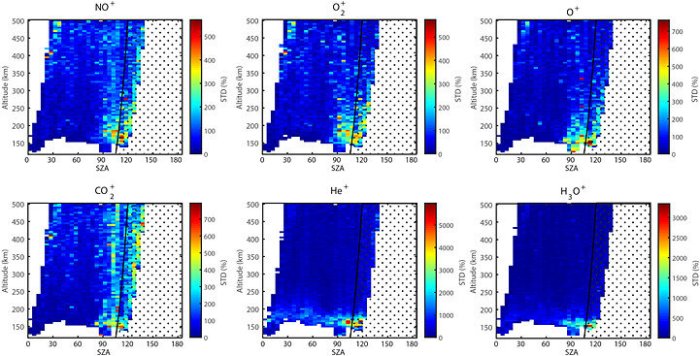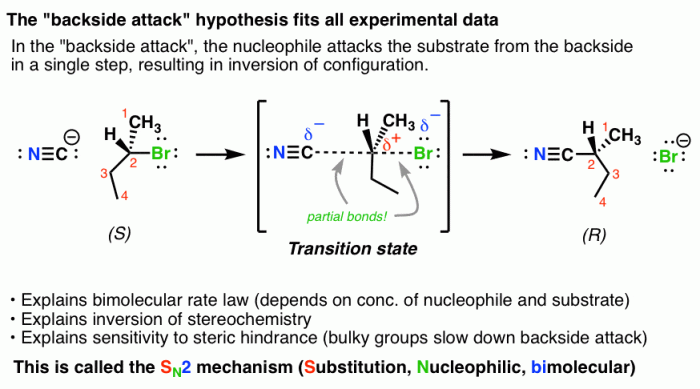Identify two ions that have the following ground-state electron configurations. – In the realm of chemistry, the ground-state electron configuration of an ion plays a pivotal role in shaping its properties and behavior. This discourse embarks on a journey to identify two ions that possess the intriguing ground-state electron configuration of 1s2 2s2 2p6 3s2 3p6, delving into their electronic structure, chemical characteristics, and practical applications.
The identification of these ions unveils a treasure trove of knowledge, providing insights into the fundamental principles that govern the behavior of matter. Their electron configurations hold the key to understanding their reactivity, bonding capabilities, and the unique physical properties that distinguish them from other ions.
Identifying Ions with Specific Electron Configurations

In chemistry, ions are atoms or molecules that have lost or gained electrons, resulting in a net electric charge. The electron configuration of an ion determines its chemical and physical properties.
Electron Configurations, Identify two ions that have the following ground-state electron configurations.
The two ions with the ground-state electron configuration of 1s 22s 22p 63s 23p 6are:
- Oxide ion (O 2-): 8 protons, 10 electrons, -2 charge
- Sulfide ion (S 2-): 16 protons, 18 electrons, -2 charge
FAQ Section: Identify Two Ions That Have The Following Ground-state Electron Configurations.
What is the significance of ground-state electron configuration?
The ground-state electron configuration of an ion provides crucial information about its stability, reactivity, and chemical behavior.
How do electron configurations influence the chemical properties of ions?
Electron configurations determine the number of valence electrons, which in turn dictate the ion’s ability to form bonds, undergo redox reactions, and exhibit specific chemical properties.
What are some practical applications of ions with specific electron configurations?
Ions with specific electron configurations find applications in diverse fields, such as electrochemistry, materials science, and analytical chemistry, where their unique properties are harnessed for various technological advancements.




